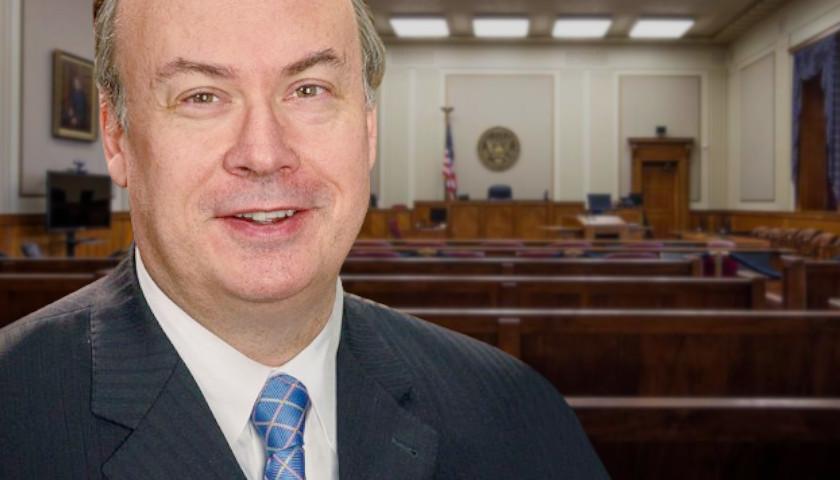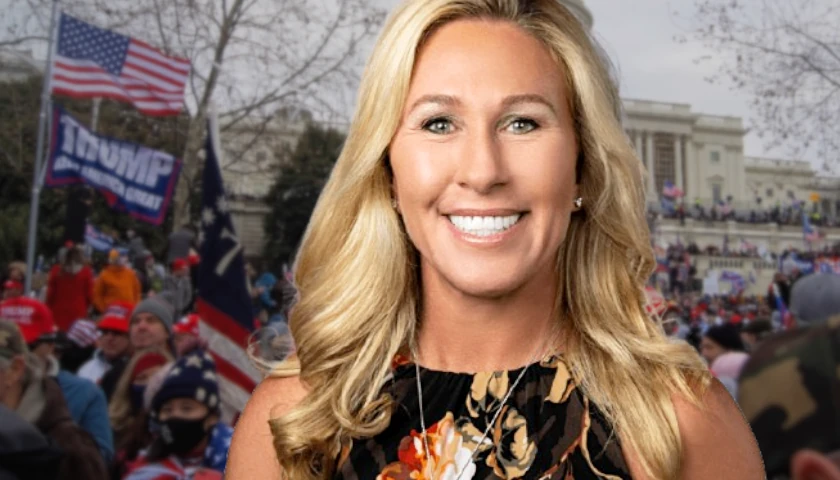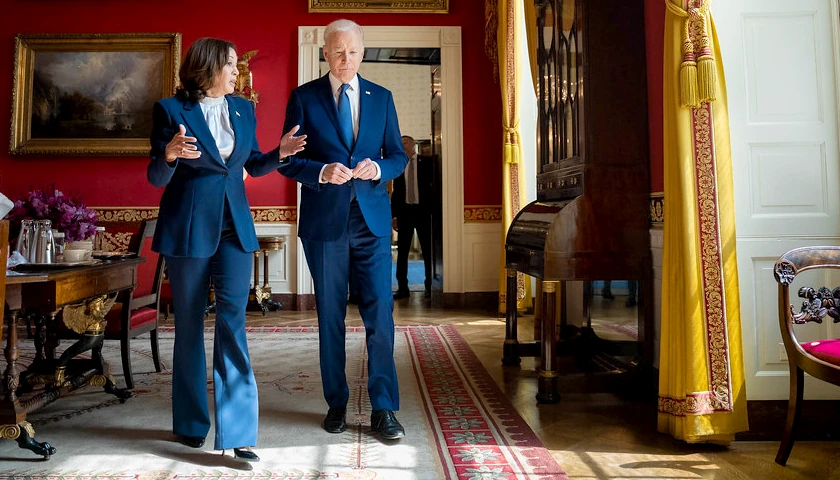After negotiations between Governor DeSantis and the Seminole Tribe of Florida, the Florida House and Florida Senate passed a bill on Wednesday that ratifies the Seminole Gaming Compact.
Under the compact, the Seminole Tribe of Florida will act as the state’s centralized location for sports betting. The deal requires the tribe to work with a minimum of three pari-mutuels within three months after sports betting goes live on Oct. 15.
With the legislative approval, the compact must still go through the U.S. Department of Interior (DOI) Secretary, Deb Haaland, who determines if the compact is in accordance with the Indian Gaming Regulatory Act of 1998 (IGRA). According to the National Indian Gaming Commission (NIGC), the IGRA was designed to monitor the conduct of gaming on Indian lands by establishing regulatory compliance and structure for overall gaming integrity.
An issue the DOI may find controversial under the IGRA is the use of the phrase “on Indian lands” within the gaming agreement. Will this language allow pari-mutuel gambling facilities that are not physically on tribal land, but have servers that are on tribal land. In other words, the facilities place bets electronically through tribal land.
Even after the potential approval by the DOI, the addition of sports betting within the compact may create legal drama, as it is seen as an “expansion” of gaming by a handful of opposing lawmakers and No Casinos President John Sowinski. These opponents base their opposition on language in the Florida Constitution that states that gaming expansion must be established through voters.
Although there are many legalities involved in the Seminole Gaming Compact, implementation would mean that the state of Florida would be part of a $2.5 billion revenue deal that would account for $6 billion in revenue to the state from now until 2030.
Seminole Tribe of Florida CEO of Seminole Gaming and Chairman of Hard Rock International, Jim Allen, expressed his confidence in the compact’s approval process by stating the Tribe’s dedication to the revenue share of $400 million a year that will remain intact even if sports betting takes a hit.
Currently, the Seminole Tribe of Florida is not responsible for any payments to the Legislature regarding gambling.
– – –
Casey Owens is a writer at The Florida Capital Star. Follow him on Twitter at @cowensreports. Email tips to caseyowensreports.com.







